“Gifting” All Students through the Pedagogy of Confidence
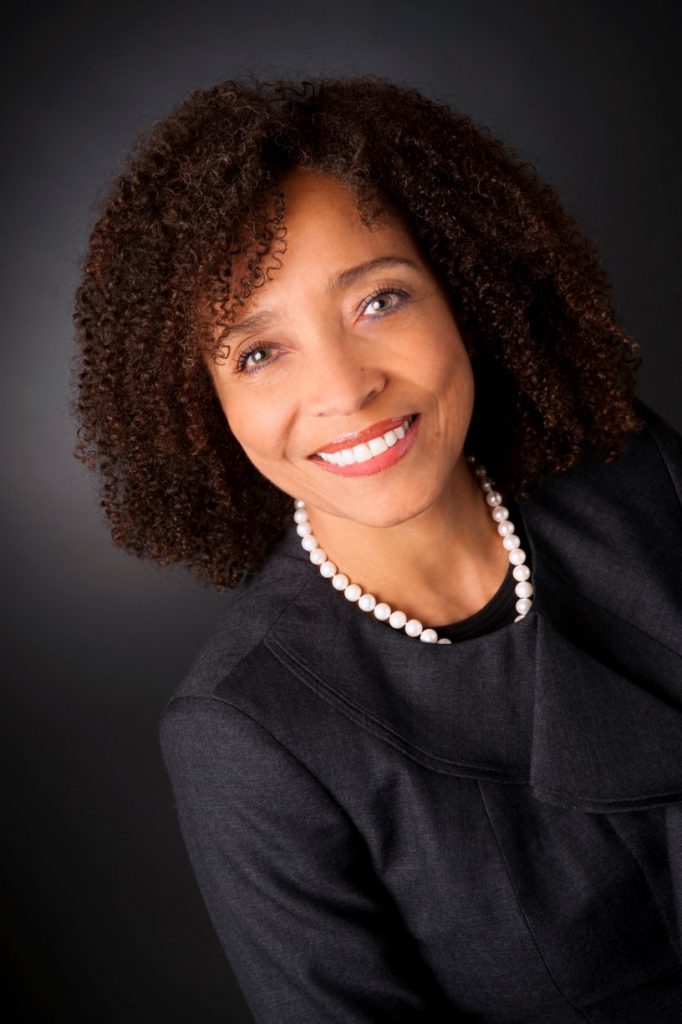
Yvette Jackson
October 2, 2019
Mounds View Community Center
What happens when equity consciousness is aimed at “gifting” all students” by starting with their strengths in mind to create culturally responsive teaching that engages them to push to the “frontier of their intelligence?” What effect will it have on closing the gaps among the innate potential, engagement and achievement of all students? Yvette Jackson, winner of the 2019 GlobalMindEd Inclusive Leader Award and author of The Pedagogy of Confidence: Inspiring High Intellectual Performance in Urban Schools, will share cognitive and neuroscience research findings and examples from the field that support theories presented in her book.
Jackson is internationally recognized for her work in assessing and eliciting the innate learning potential of disenfranchised urban students. Her research in gifted education, mindfulness, and neuroscience aims to develop High Operational Practices that engage and elicit high intellectual performances and self-determination from underachievers. She was named 2012 “Education Policy/Researcher of the Year” by the Academy of Education Arts and Sciences Educators Voice Awards. As Senior Scholar for the National Urban Alliance for Effective Education, she works with school district superintendents, administrators, teachers, and students across the United States and internationally.
Amplifying Youth Voice: Minnesota Youth Story Squad and Middle School Partnerships
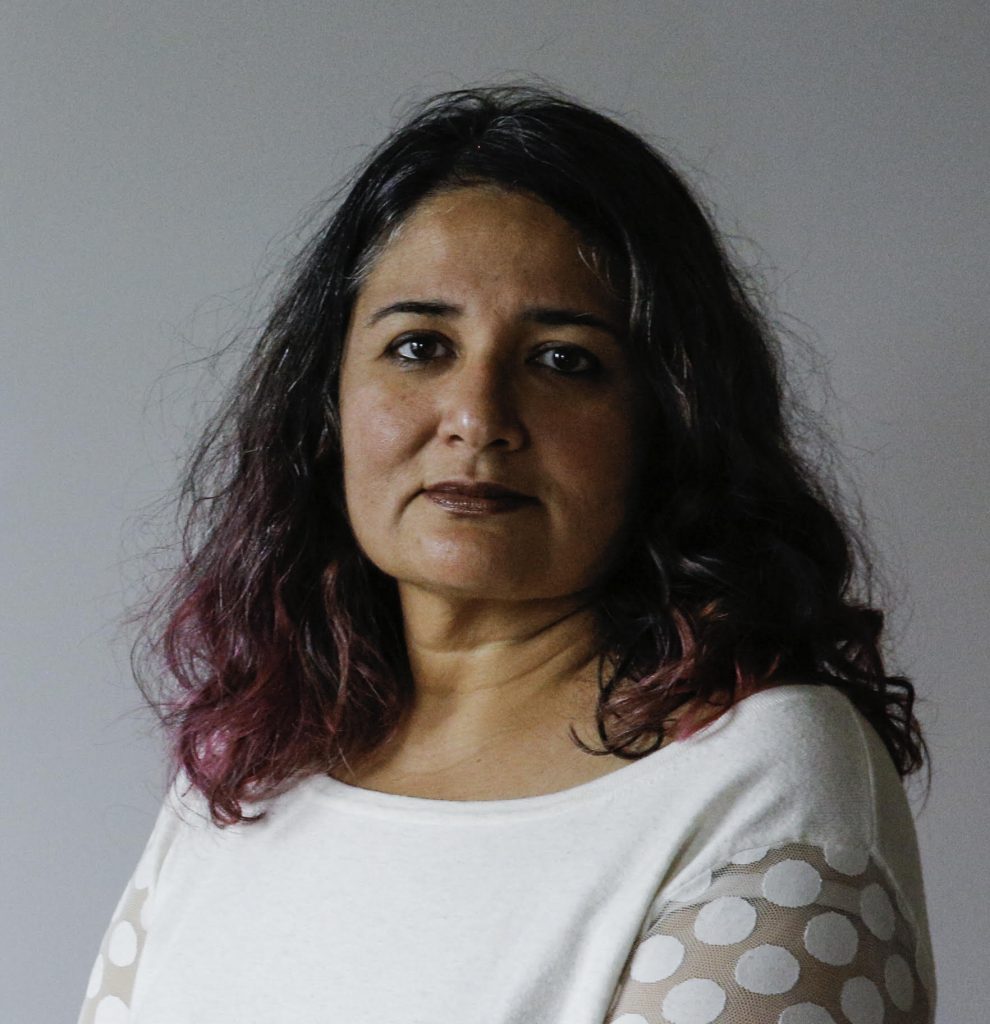
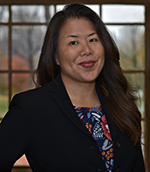
Jigna Desai & Kari Smalkoski
December 12, 2019
Mounds View Community Center
Minnesota Youth Story Squad (MYSS) offers a rich interdisciplinary, culturally relevant program that uses storytelling to engage youth academically, socially, and emotionally and address educational opportunity gaps. For the last four years, MYSS has partnered with middle schools in the Minneapolis and St. Paul public school districts.
Featuring MYSS co-directors Jigna Desai and Kari Smalkoski, this session will focus on the MYSS’ work, partnership model, impact, and future as they expand to high schools.
Dr. Desai is an award winning teacher and mentor with over twenty years of experience teaching about gender, sexuality, race, media, and social justice. Desai has authored or edited four books and over thirty essays.
Dr. Smalkoski, a former high school teacher, has worked with Twin Cities youth for almost two decades. Her forthcoming book, American Dream Disrupted: Reframing Narratives on Asian American Youth, Gender, and Inequality in Schools, examines the impact of educational reform programs on Hmong youth and families.
Desai and Smalkoski are a professor and a research scholar, respectively, at the University of Minnesota’s College of Liberal Arts.
White Fragility: Why It’s So Hard for White People to Talk About Racism
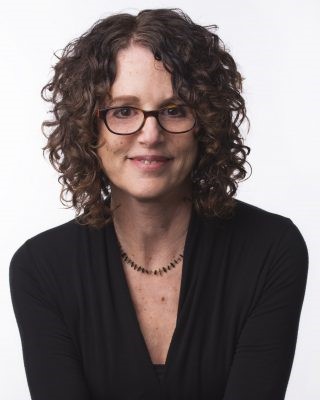
Robin DiAngelo
February 3, 2020
Mounds View Community Center
White people in the U.S. live in a racially insular social environment. This insulation builds our expectations for racial comfort while at the same time lowering our stamina for enduring racial stress. I term this lack of racial stamina “White Fragility,” a state in which even a minimal challenge to the white position becomes intolerable, triggering a range of defensive moves (argumentation, invalidation, silence, withdrawal, and claims of being attacked and misunderstood) which function to maintain white control. This talk will provide an overview of the socialization that inculcates white fragility and provide the perspectives and skills needed for white people to build their racial stamina and develop more equitable and just racial norms and practices.
Dr. DiAngelo is Affiliate Associate Professor of Education at the University of Washington and holds two Honorary Doctorates. She is a two-time winner of the Student’s Choice Award for Educator of the Year at the University of Washington’s School of Social Work. In 2011, she coined the term White Fragility in an academic article which has influenced the international dialogue on race. Her 2018 book, White Fragility: Why It’s So Hard For White People To Talk About Racism debuted on the New York Times Bestseller List.
Learning to Be a Threat to Inequity: Teaching and Leading with Equity Literacy
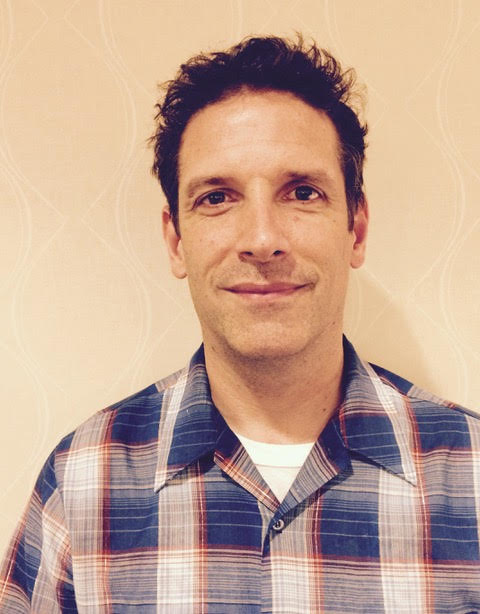
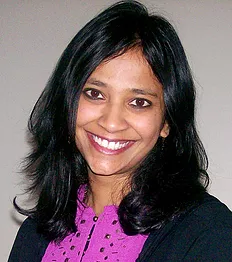
Paul Gorski & Seema Pothini
April 9, 2020
Mounds View Community Center
This session will explore the equity literacy framework, which aims to maximize the transformative potential of our equity efforts by identifying the knowledge and skills we need to be a threat to the existence of inequity in our spheres of influence. We will also discuss how to avoid common equity detours—programs and practices that are popular because they create the illusion of equity progress while cementing inequity.
Gorski, the founder of the Equity Literacy Institute and EdChange, has worked with educators in 48 states and a dozen countries. He has published more than 70 articles and written, co-written, or co-edited twelve books on various aspects of educational equity.
Pothini, president of the Minnesota chapter of the National Association for Multicultural Education, has extensive experience improving student success in historically underperforming schools as a teacher, a K-12 cultural integration specialist and consultant, and board president for Avenues for Homeless Youth.
Gorski and Pothini are co-authors of Case Studies for Equity and Social Justice Education (2013).

